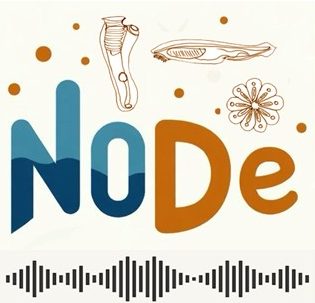Università di Padova
Stazione Zoologica Anton Dohrn (http://www.szn.it/en/)
Department of Biology and Evolution of Marine Organisms
Villa Comunale, Naples, 80121, Italy
filomena.ristoratore@szn.it
Dr. Ristoratore studied Biology at the University Federico II of Naples. During her PhD, she began studying ascidian developmental biology at the Stazione Zoologica Anton Dohrn in Naples, focusing particularly on the organization and function of Hox genes. As a postdoctoral researcher, she worked near Paris, studying the development of the nervous system in medaka fish.
Since 2000, she has been a researcher at the Stazione Zoologica Anton Dohrn.
The main goal of Dr. Ristoratore’s research group is to investigate the mechanisms regulating embryonic development in specific ascidian species, with a particular emphasis on the formation of the nervous system. Her group is especially interested in understanding the roles of specific genes in the development and evolution of sensory organs in ascidians.
To address these questions, the group employs various ascidian species—a group of organisms that hold a unique phylogenetic position within the phylum Chordata, which also includes humans. Ascidians, however, are much simpler organisms, making them ideal for dissecting complex developmental mechanisms. The team uses a multidisciplinary approach that includes high-throughput sequencing (RNA-seq), confocal microscopy (FISH, IHC), and in vivo gene expression perturbation (CRISPR/Cas9), allowing investigation at single-cell resolution.
More recently, Dr. Ristoratore has been studying the impact of anthropogenic noise on ascidian development and behavior from both molecular and physiological perspectives.
She has authored and co-authored numerous scientific publications in international peer-reviewed journals. She is currently the Principal Investigator for the Stazione Zoologica Anton Dohrn in the JPI Oceans Project “Deuteronoise: Characterization of maritime noise in different European basins and its impact on ecologically relevant deuterostome invertebrates.

